Discover the intricate world of tattoo guns, learning about their evolution, types, and the role they play in creating stunning body art.
History of Tattoo Guns

The modern tattoo machine evolved from Thomas Edison’s electric pen, designed in the late 19th century. Samuel O’Reilly adapted Edison’s invention, creating the first tattoo gun in 1891, which revolutionized the art of tattooing. Today’s equipment traces its roots to these early prototypes, reflecting a rich history of innovation and cultural significance.
Types of Tattoo Machines

Tattoo machines primarily come in two varieties: coil and rotary. Coil machines are known for their buzzing sound and are traditionally favored for their precision. Rotary machines offer a quieter operation and are appreciated for their lightweight design and versatility in shading and lining.
How Tattoo Guns Work

Tattoo guns operate using an electromagnetic circuit that moves a needle up and down at a high speed. This needle punctures the skin, depositing ink into the second layer called the dermis to create the tattoo. The speed and movement of the needle are adjustable, allowing artists to control the depth and detail of the tattoo work.
Tattoo Gun Maintenance
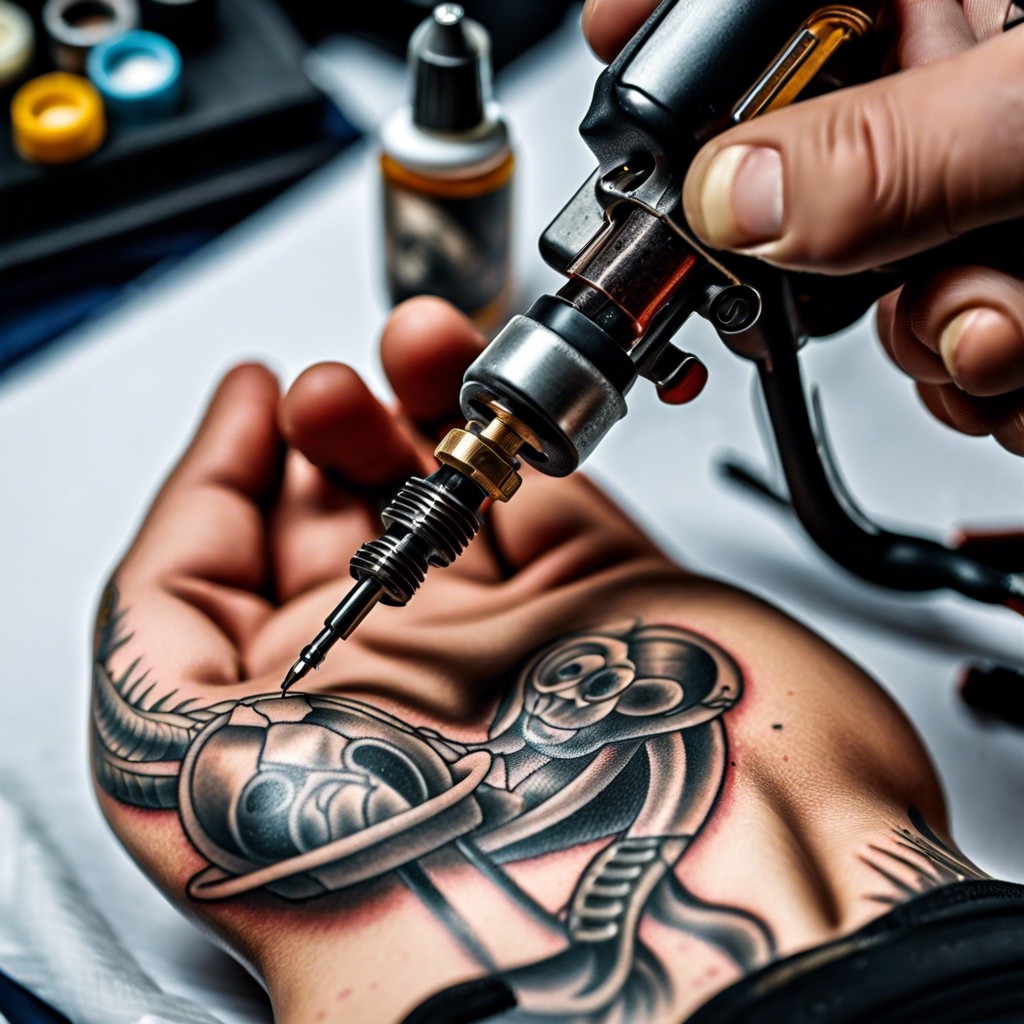
Regular cleaning of the tattoo gun is essential to prevent ink build-up and potential contamination. Lubrication of moving parts will ensure smooth operation and extend the life of the machine. It’s crucial to replace worn-out parts promptly to maintain the machine’s precision and safety standards.
Coil Vs. Rotary Tattoo Machines
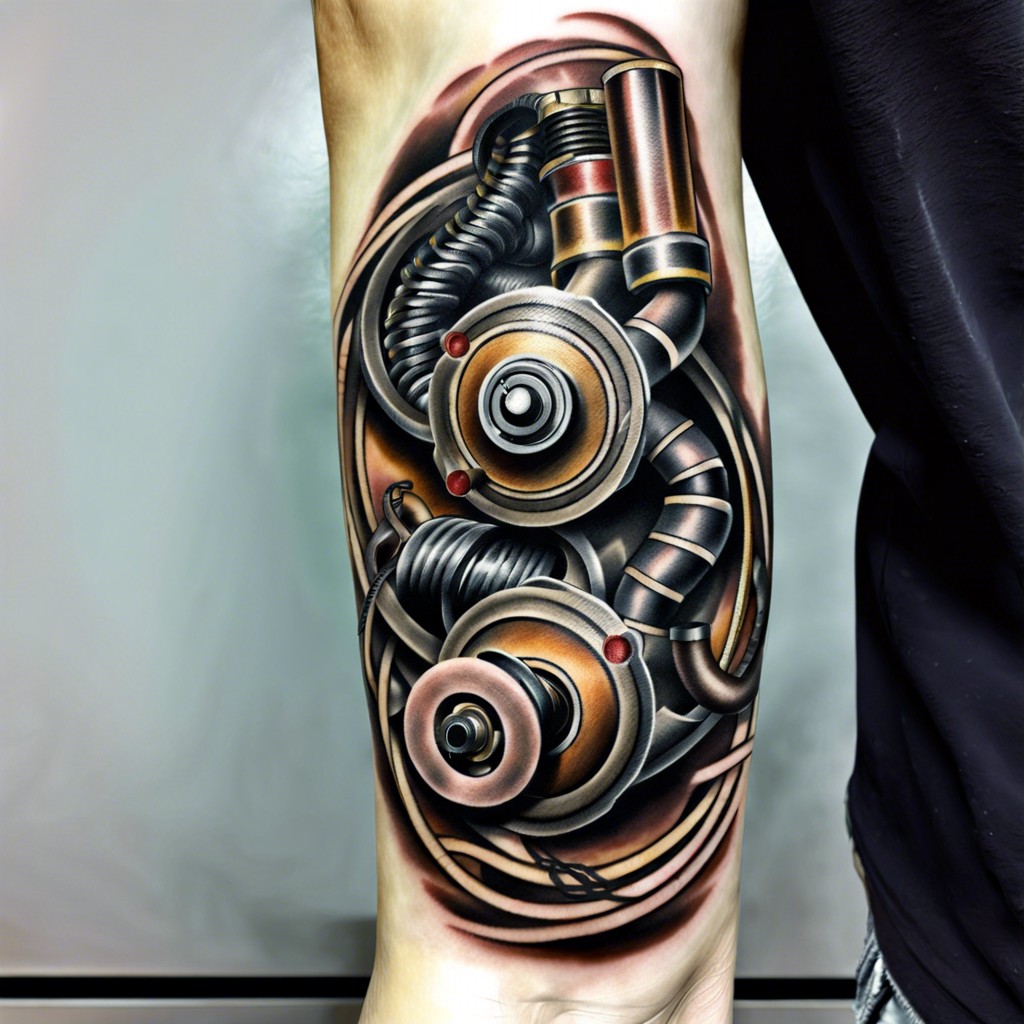
Coil machines are known for their buzzing sound and are traditionally favored by many artists for their precision in line work and shading. Rotary machines operate more quietly and smoothly, offering a gentler experience with less skin trauma which is beneficial for shading and coloring. The choice between the two often boils down to personal preference and the specific requirements of the tattoo being created.
Best Tattoo Guns for Beginners
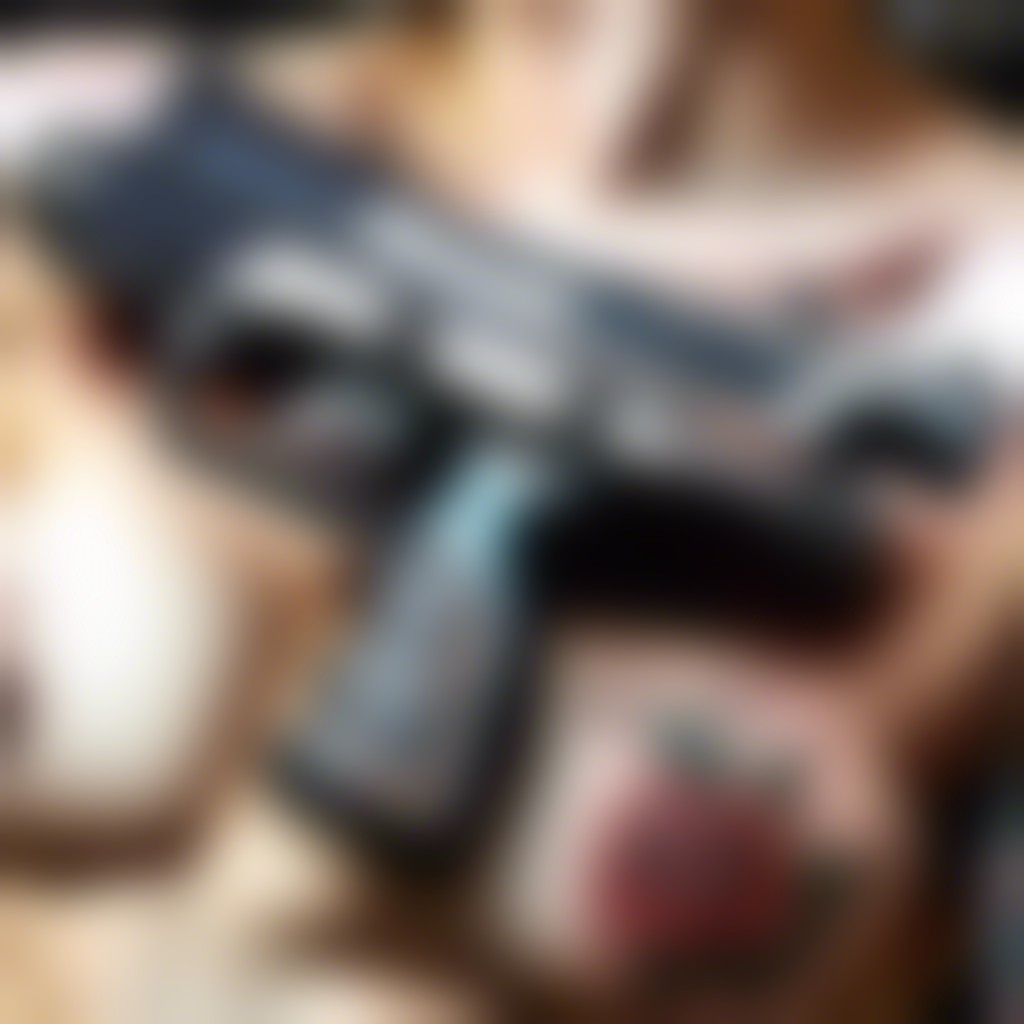
Beginners should opt for tattoo machines that are user-friendly and forgiving, such as lightweight rotary models that cause minimal strain and have straightforward functionality. Features to look for include a stable power output and a simple needle mechanism, which help novice artists maintain control while they refine their technique. It’s also important to consider a tattoo gun with a versatile design, allowing for a range of adjustments as skills develop, without necessitating an immediate upgrade to a more professional setup.
Custom Tattoo Gun Designs
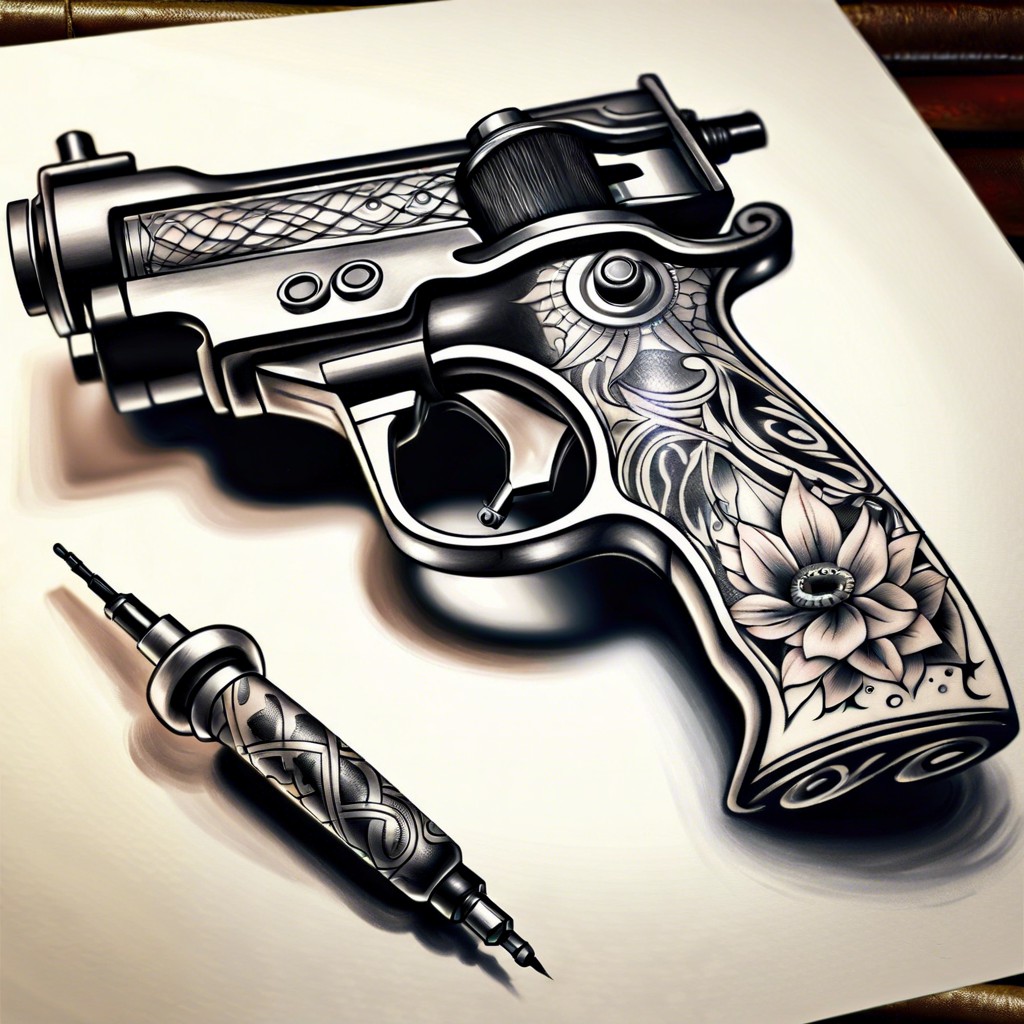
Custom tattoo machines are not just tools; they’re extensions of the artist’s unique style, often tailored to their specific grip, stroke, and aesthetic preferences. Featuring personalized engraving, custom-molded grips, or one-of-a-kind mechanisms, these machines elevate the art of tattooing to a new level of craftsmanship. Artists seeking individuality in their work may opt for these bespoke pieces, underscoring their commitment to both artistry and comfort during long sessions.
Innovations in Tattoo Machinery
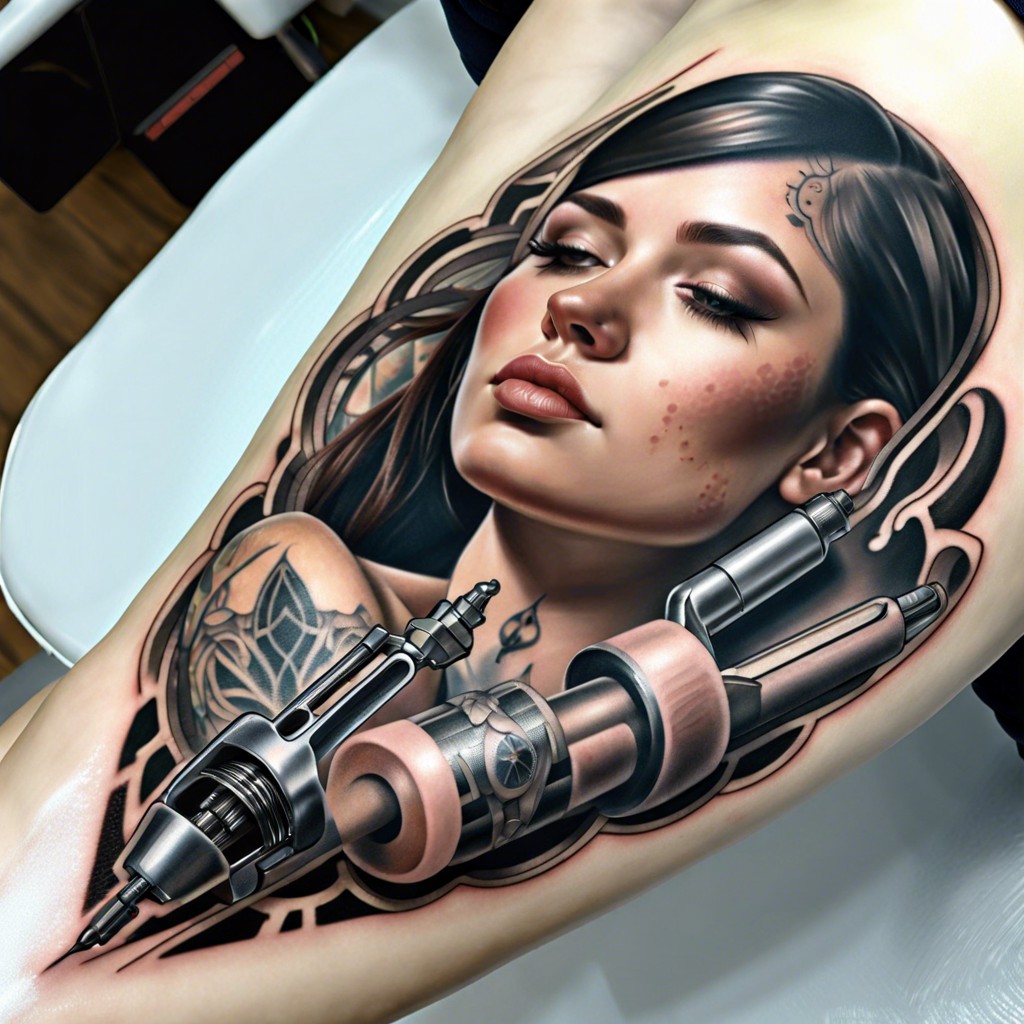
Technological advancements have led to more precise and less painful tattoo machines, such as those utilizing pneumatic systems. Wireless tattoo equipment is gaining popularity, offering artists greater freedom of movement without the encumbrance of cords. Emerging smart tattoo machines can monitor needle depth and pressure, ensuring consistent ink delivery and reduced skin trauma.
Tattoo Gun Power Supply Options

Choosing the right power supply is crucial for consistent tattoo machine performance. Digital power supplies offer precision control over voltage, allowing for smoother line work and shading. Magnetic and analog options are also available, providing a more traditional feel for experienced artists who prefer a hands-on approach.
Tattoo Needle Configurations
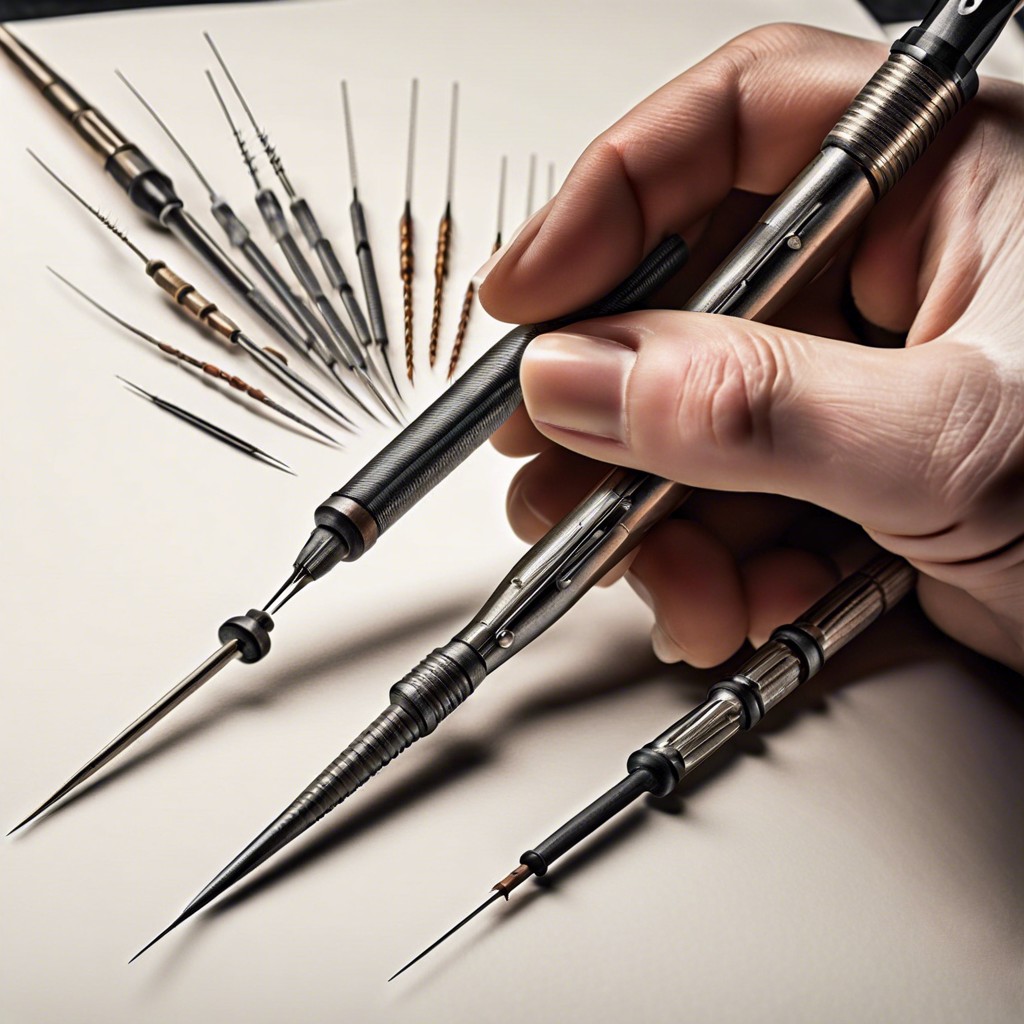
The arrangement and size of needles in a tattoo gun, known as needle configurations, crucially affect the precision and quality of the tattoo. Liners, shaders, and magnums refer to different configurations, each tailored for outlining, shading, or filling large areas respectively. Understanding these setups empowers the artist to achieve the desired ink saturation and detail in their work.
DIY Tattoo Guns
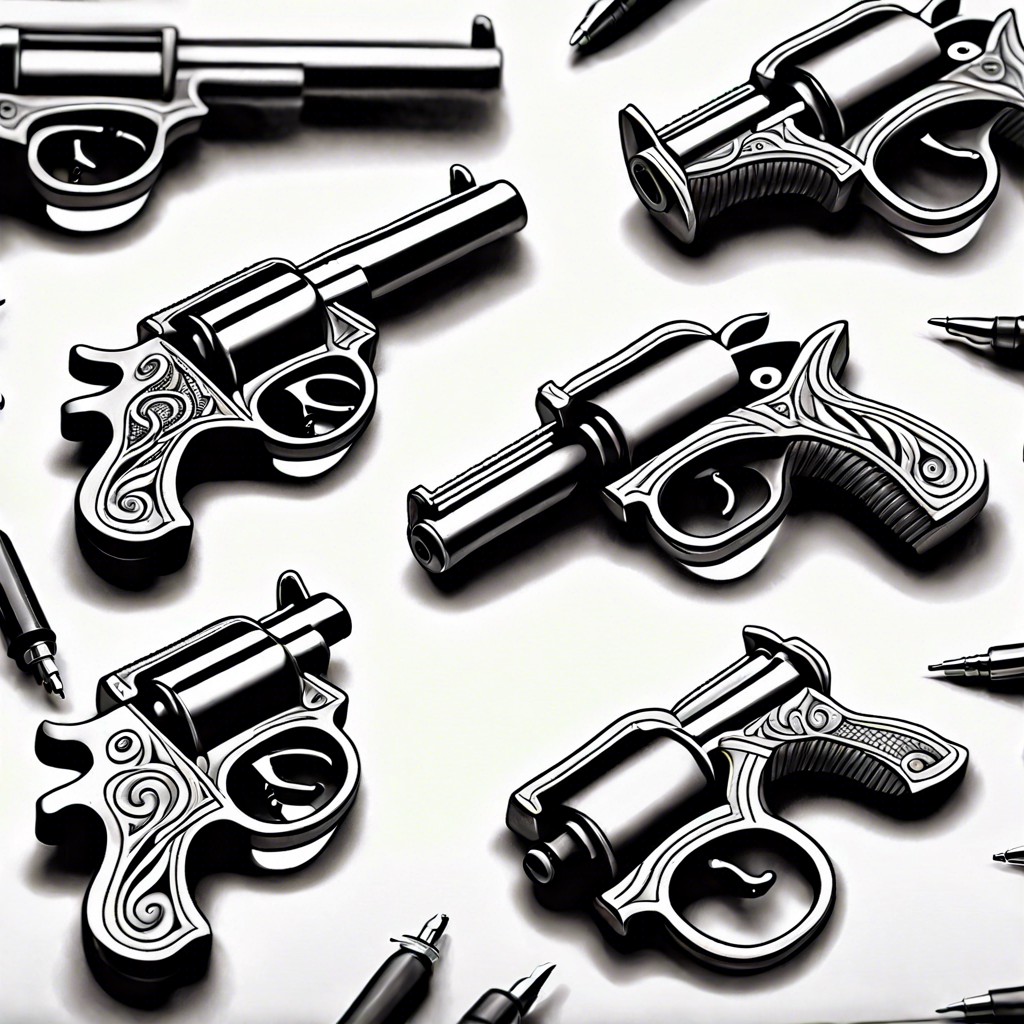
DIY tattoo guns are crafted using improvised materials and tools, often reflecting the artist’s ingenuity and resourcefulness. While intriguing as a concept, they carry significant risks regarding safety, reliability, and quality of the work. It’s vital to weigh the appeal of customization and cost-saving against the potential hazards and lack of professional standards.
Tattoo Gun Hygiene and Safety

Proper sterilization of tattoo guns is crucial to prevent cross-contamination and infections. Disposable needles and tubes, along with autoclave use, are industry standards for maintaining a safe tattooing environment. Artists must adhere to strict protocols, including the use of barrier protection such as gloves and machine bags, to ensure the well-being of both the client and themselves.
Tattoo Gun Tuning and Setup
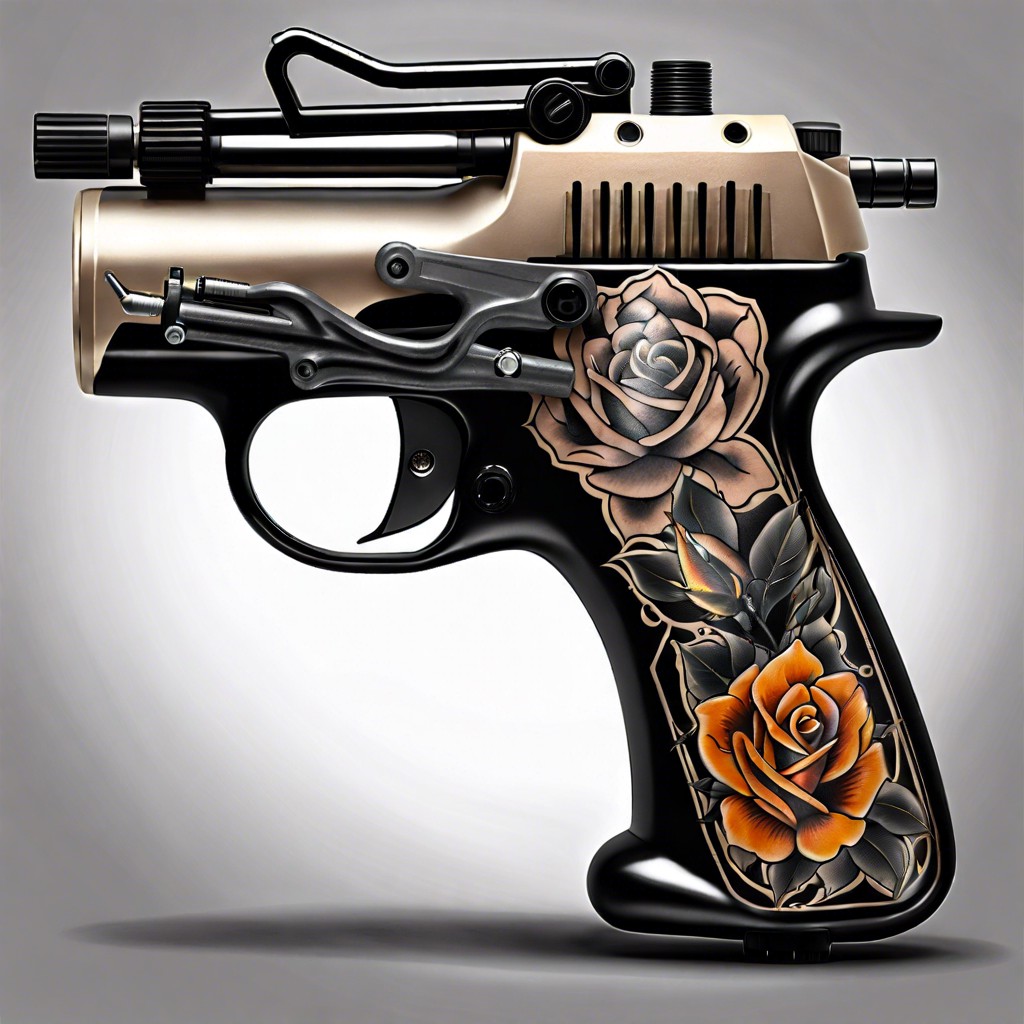
Proper tuning ensures the tattoo machine operates at an optimal frequency, resulting in precise needle movement and ink distribution. Adjusting the machine’s speed and power affects line work and shading quality, tailoring the performance to the artist’s technique. Maintaining correct setup, including needle depth and tension, plays a critical role in achieving consistent, high-quality tattoos.
The Impact of Tattoo Guns On Skin
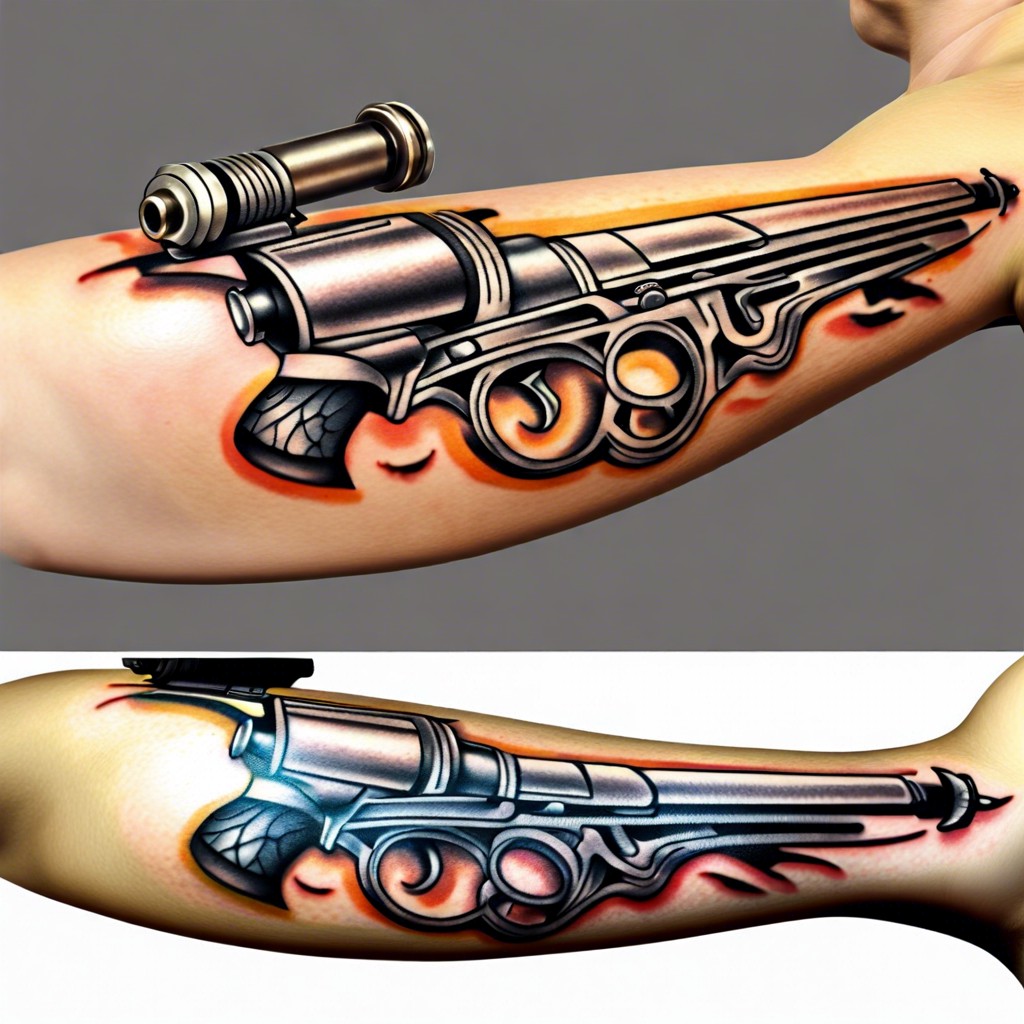
Tattoo guns introduce ink beneath the skin using a series of rapid needle punctures, which can cause varying degrees of pain and swelling. Proper technique and machine calibration are crucial to minimize trauma to the skin and promote faster healing. Overworking the skin with a tattoo gun can lead to scarring, increased risk of infection, and negatively impact the quality of the tattoo.
Future of Tattoo Technology
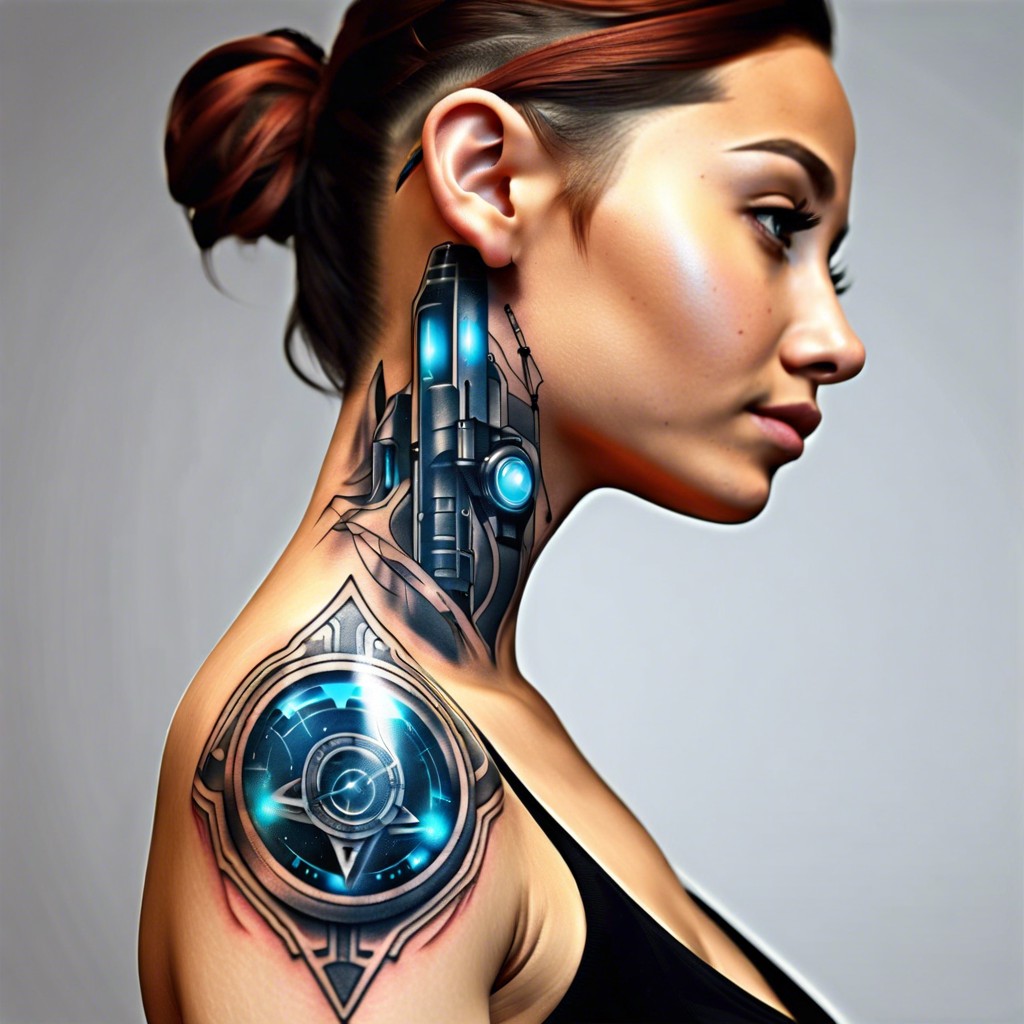
Advancements in tattoo technology may introduce smart machines integrated with AI, allowing for precision and safety improvements beyond current capabilities. Emerging bio-inks and responsive tattoos that can monitor health or change with environmental stimuli are on the horizon. Wireless tattoo machines and improved battery lives will enhance artist mobility, enabling a new wave of creativity in tattooing.
Get inspired by more ideas:





